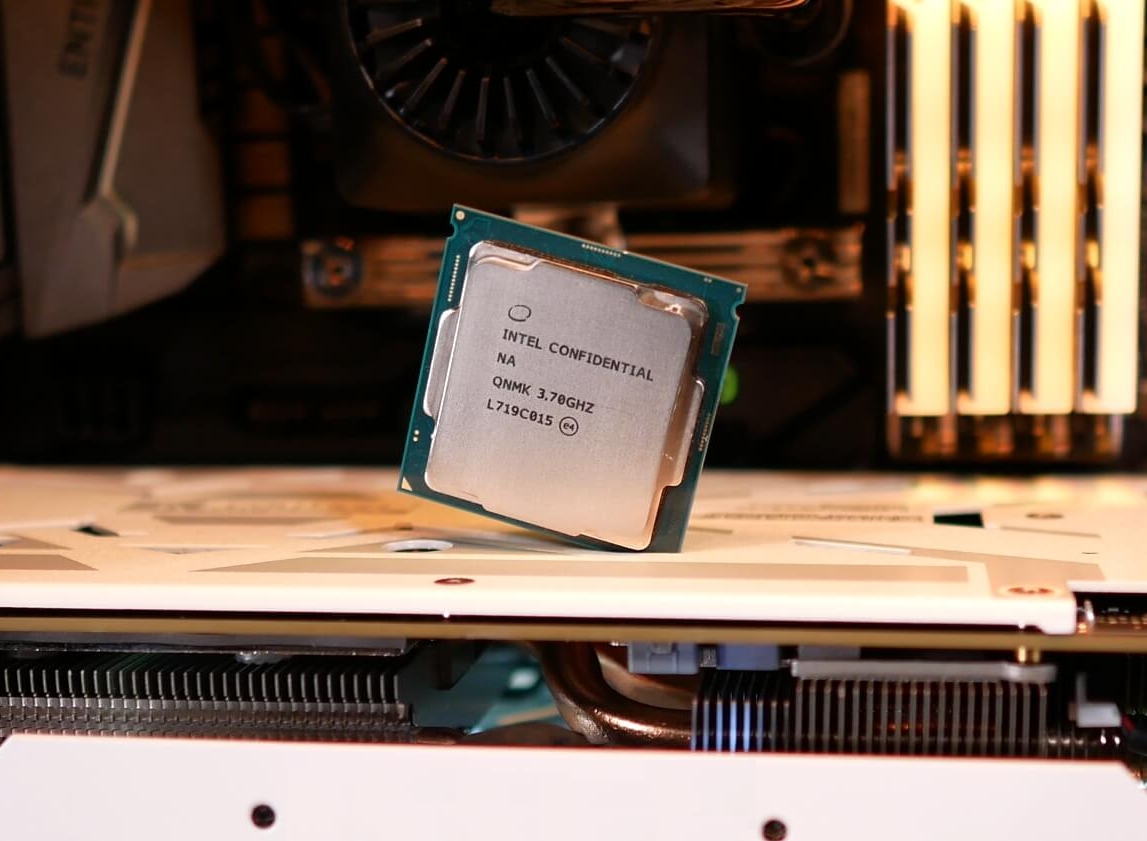The two most common specs examined when looking at CPUs are clock speed and core count. With improvements in CPU architectures and increasing core counts, varying clock speeds on a per-core basis have provided significant benefits to performance while keeping thermals and power consumption under control.
Up until now, Intel has provided clock speeds for single-core and all-core maximum frequencies. Turbo Boost 2.0 allows each CPU to dynamically change per-core frequencies on any number of cores depending on load and operating conditions.
Moving forward, Intel has decided to stop disclosing information on its Turbo Boost Technology feature beyond single-core maximum frequencies.

Looking at the newest Coffee Lake CPUs on Intel's ARK page, all Turbo frequencies have been taken down besides the single-core maximum frequency.
Here's Intel's stance as provided to ExtremeTech:
[W]e're no longer disclosing this level of detail as its proprietary to Intel. Intel only specifies processor frequencies for base and single-core Turbo in our processor marketing and technical collateral, such as ARK, and not the multi-core Turbo frequencies. We're aligning communications to be consistent. All Turbo frequencies are opportunistic given their dependency on system configuration and workloads.
Official response aside, there is some speculation as to what the 'true' reasoning is in not publishing information that would be helpful to know if shopping for a new CPU.
One theory is that Intel wants to avoid any legal hassle for silicon that may not achieve an advertised Turbo frequency on all cores.
It is also possible that Intel has decided to stop publishing this data in order to make it more difficult for the competition to sell their CPUs. Intel currently has chips that can typically achieve higher single core frequencies compared to AMD's Ryzen line-up.
Whatever the reasoning, Intel is not going to be successful in hiding its numbers for long. Individual core frequencies can be easily measured using benchmarking tools.
See our Core i3 and Core i7 Coffee Lake reviews for more information on the latest generation of Intel's CPUs.
